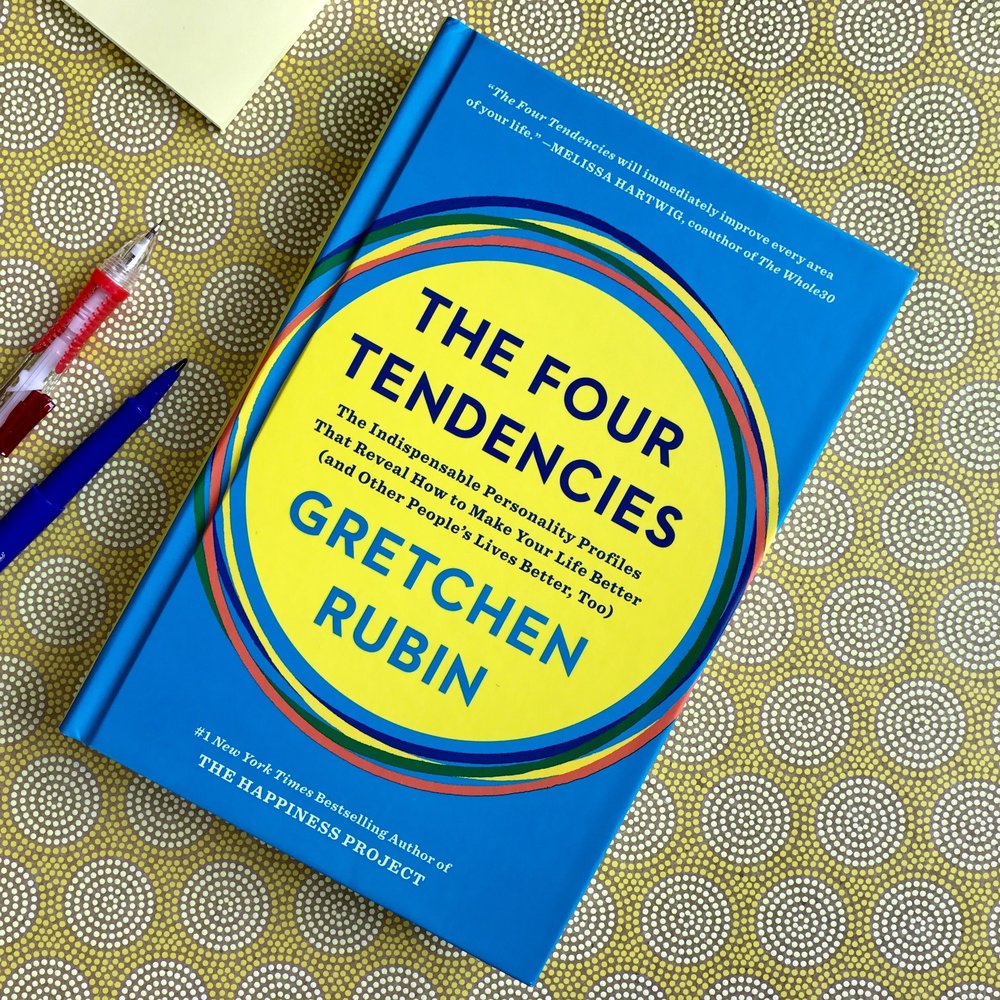My Motivation Has Vanished. How Do I Get It Back?
Image credit: Kaboompics
My school reports used to contain the word ‘conscientious’ regularly. As a girl I was highly motivated to please and worked really hard for my exams. As a 14 year old, I was so motivated to please my teachers and parents that I made myself sick. Eczema erupted all over my arms and legs in the summer of my GCSE’s. There is something gone very wrong with your inner motivation when sickness is the result.
Now into my late 30’s I am more and more determined that I will not be motivated by other people’s expectations of me. I strive to live from what is authentically me. It has been a long and painful journey to get to this point (and I am sure I have a lot more work to do!) but I know it is healthier for my mind and body.
However, the more inconvenient by-product of the path to authenticity are my wrestles with how to motivate myself from the inside. I am finding that things that used to motivate me just don’t anymore. I can’t get excited about pleasing others. I sometimes can’t get motivated about pleasing myself!
You see, the thing that highly motivated people (the ones who make themselves sick keeping others happy!) don’t often experience is lethargy. In the hayday of my driven 20’s I couldn’t understand people who struggled to get out of bed in the morning or stayed in their pj’s all day. (I know, so judgemental!)
Now the conversation that happens between my ears sounds more like this:
Me: “I'm just searching for the motivation to get out of bed”.
“Nope. Can’t find it anywhere. I just stay here until it finds me.”
Me later: “Oh gosh is that the time!?! Crap I am going to be so late for school!”
So motivation does not come easily anymore. Thankfully Gretchen Rubin has written a book about motivation and it’s really insightful.
The book is called The Four Tendencies. It is a deeper look at a model of understanding motivation and splits people into four personality types. At the back of the book there is a questionnaire that will help you identify which type you are. The four types are:
Upholders. An upholder is someone who is motivated by others’ expectations and their own internal standards. In other words, they would be motivated to meet a deadline and also happily self-impose diet restrictions and stick to them. Upholders don’t find motivation very difficult.
Obligers. Obligers are people whose primary motivation comes from external expectations. These people function well in structured environments – if something is expected of them, they are motivated to deliver.
Questioners. This type of person will run every expectation through their own exacting set of acceptable standards. When given a directive by someone else, they will question the wisdom of that request. They will only be for motivated to follow through if they are happy with the logic themselves.
Rebel. According to Gretchen this is the hardest group of people to motivate. As their name suggests, rebels will go against external standards. If someone else is trying to motivate them, that will usually have the opposite effect. Rebels have a clear connection with their desire, and motivation has to come out of that understanding. A rebel can only be motivated by doing what they want to do.
Clearly, as a child I was an obliger. Happy to do something if it meant I could keep my teachers and parents happy. These days I favour the rebel type.
What I found really helpful about looking at motivation as four types is that there are options about how you go about finding motivation. What motivates someone else may not work for you and that is absolutely fine.
If you are an obliger or an upholder then finding an accountability partner who you text to tell them the time you got up would be a great move. Downloading a tick-box list of to-do’s from your favourite online expert would be a winner too.
If you are a questioner, inserting some mindfulness space into your day would mean you have a chance to reflect on what is important to you. You can say yes with conviction when the task lines up with your priorities.
If, like me, you are a rebel, then I suggest creating some boundaries to protect your unique perspective. Do what works for you. Avoid comparison and swim against the tide.
Whatever your route to finding motivation, it starts with the awareness of the gap between what you intend to do and what you actually achieve. When you recognise this, you can begin to explore the best way of tapping into your inner motivation.
If you’ve found a good source of motivation that’s working for you, then share it in the comments below. I’m sure we could all do with some ideas!


